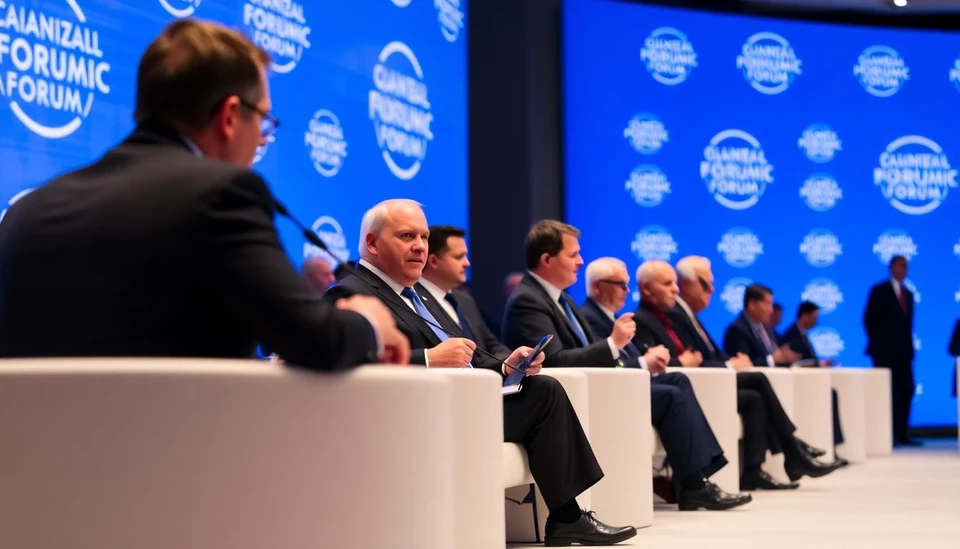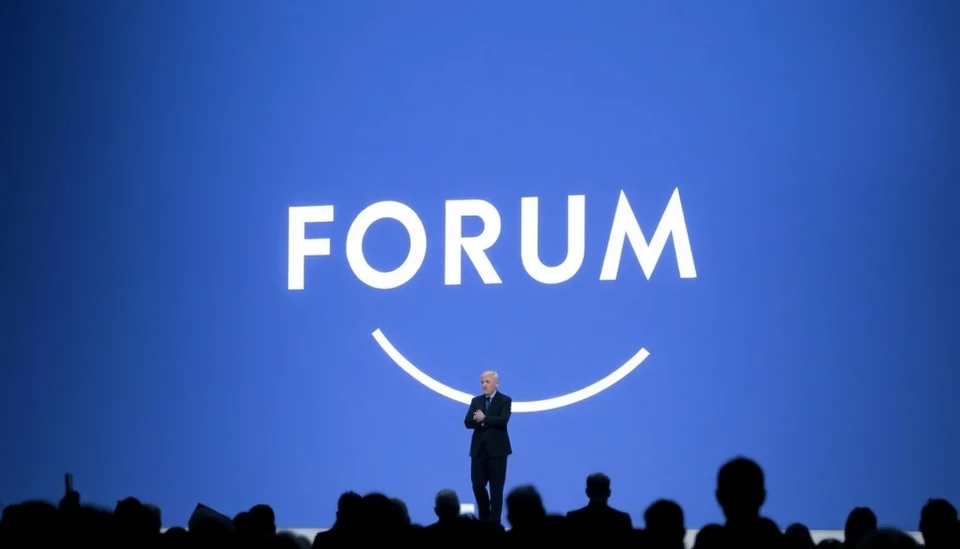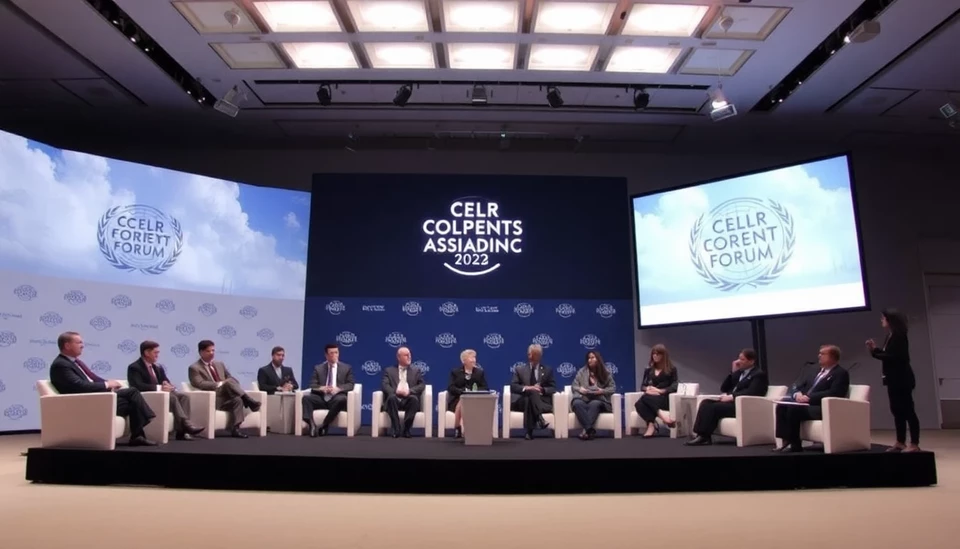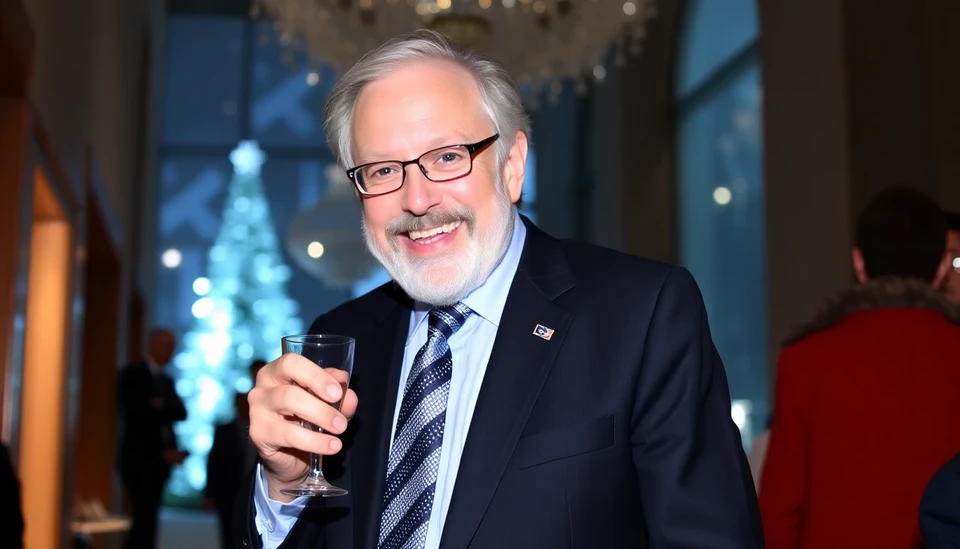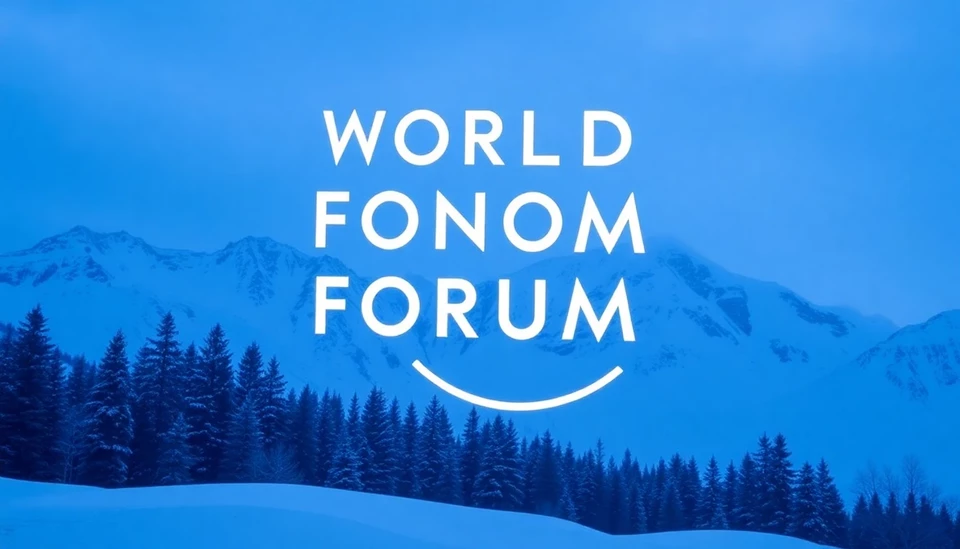
The World Economic Forum (WEF), gathering in Davos for its annual meeting, is launching a strong appeal for global leaders to cut through the layers of bureaucratic red tape. With increasing urgency, officials at the forum are emphasizing the need for decisive action to address pressing global issues, particularly in light of ongoing social and economic challenges. The overarching message is clear: the world must be more agile in its response to crises.
At the heart of the WEF’s message is a recognition that stagnant regulatory environments can hinder effective responses to pressing challenges. Stakeholders from various sectors are urging policymakers to create a more flexible regulatory framework that can swiftly adapt to changing conditions, thus allowing for quicker interventions and solutions. The principle of “less red tape” is becoming a rallying call among attendees, reflecting a broader desire for efficiency and innovation in governance.
In recent years, the global landscape has been marred by disruptions ranging from socio-political unrest to climate change impacts and economic downturns. These challenges demand a concerted effort and immediate actions that transcend traditional bureaucratic processes. The WEF’s leadership is calling on participants to prioritize actionable steps over prolonged deliberations that often accompany regulatory processes.
Discussions at Davos this year will include a variety of topics focused on sustainability, technology, and social equity, with a shared aim of fostering a collaborative approach to problem-solving. The WEF hopes to facilitate partnerships between governments, businesses, and civil society to harness collective resources and expertise effectively.
Furthermore, the forum is planning to highlight successful case studies where reduced regulation has led to positive outcomes. These examples are intended to illustrate how a streamlined approach can lead to innovation and increased responsiveness, paving the way for transformative solutions in multiple domains.
As world leaders, corporate executives, and activist organizations gather in the Swiss Alps, the pressure is on to translate ambition into tangible actions. The stakes are high, and as the WEF unfolds, the call for “less talk, more action” resonates louder than ever among the attendees.
The 2025 Davos agenda is a litmus test for the global community's willingness to adapt and respond swiftly to the fast-evolving landscape of challenges facing humanity. The hope is that the voices and visions generated in this arena might lead to a more proactive global environment where agility is prioritized over rigidity in governance.
As the discussions progresses throughout the week, all eyes are on whether the WEF can not only articulate the need for change but also inspire the commitment necessary to enact it.
In conclusion, this year’s World Economic Forum in Davos stands at a critical juncture. The focus on reducing bureaucratic hurdles could set the tone for future policymaking, especially as the world grapples with urgent issues that require immediate and effective action.
#Davos2025 #WorldEconomicForum #LessRedTape #ActionNow #GlobalLeadership #EconomicPolicy #SustainableDevelopment
Author: Daniel Foster
